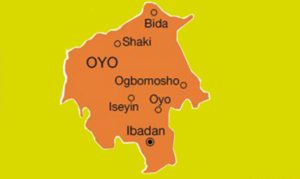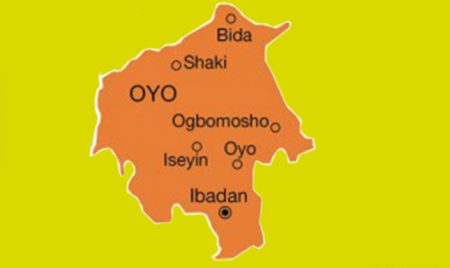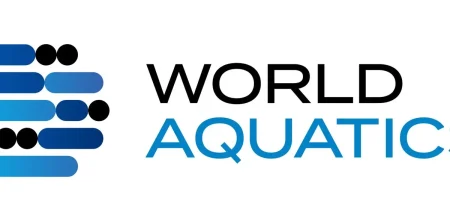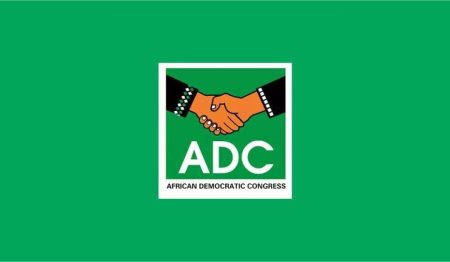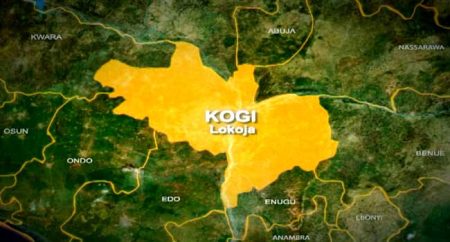Paragraph 1: Introduction of the Customer Bill of Rights
The Central Bank of Nigeria (CBN) has introduced a Customer Bill of Rights to protect the growing number of bank users in the country. With over 66 million Nigerians enrolled in the Bank Verification Number (BVN) system, this initiative aims to bolster customer protection, build trust in the banking system, and promote financial inclusion. The BVN, an 11-digit unique identifier for every bank account holder in Nigeria, is central to this effort. The Bill of Rights, unveiled at a recent CBN Fair in Lagos and available on the CBN website, outlines the rights and responsibilities of bank customers. This document serves as a vital guide for navigating the banking landscape and empowers customers to engage effectively with financial institutions.
Paragraph 2: Key Rights of Bank Customers
The Customer Bill of Rights emphasizes several crucial entitlements for bank users. The right to be informed ensures customers receive comprehensive and accurate information about bank products and services, including all terms and charges. The right to choose empowers customers to select the financial products that best suit their needs without coercion. Bank customers also have the right to safety and security within banking premises, including protection from accidents and environmental hazards. Privacy and confidentiality are guaranteed, with exceptions only when legally required or with explicit customer consent. The right to redress ensures customers can file complaints and seek resolution through accessible and transparent mechanisms within the bank, the CBN, or the courts. Finally, the right to equality guarantees fair treatment regardless of financial status, demographics, or other personal characteristics, although differentiated services based on product type are permissible.
Paragraph 3: Responsibilities of Bank Customers
Just as customers have rights, they also bear certain responsibilities within the banking system. One key responsibility is the duty of knowledge and understanding. Customers are expected to actively seek information and educate themselves about financial products and services to make informed decisions. This proactive approach helps avoid misunderstandings and complaints. Customers also have a duty to fulfill their financial obligations, such as repaying loans and paying agreed-upon interest on time to maintain a healthy credit standing and avoid penalties. Protecting personal banking information and instruments is crucial to preventing fraud and identity theft. Providing accurate information to the bank is essential for smooth transactions and prevents misrepresentation. Finally, customers share the responsibility for personal safety and security of their assets while within bank premises.
Paragraph 4: CBN’s Commitment to Customer Protection & Financial Inclusion
Under Governor Olayemi Cardoso, the CBN has reiterated its commitment to fostering a mutually beneficial relationship between banks and customers, prioritizing customer protection as a cornerstone of financial system stability. The CBN is actively working towards greater price stability and a conducive policy environment, recognizing the vital role of banks in achieving these goals. Enhanced market surveillance and a zero-tolerance policy towards compliance violations underscore the CBN’s commitment to maintaining integrity within the financial sector. The CBN’s efforts also focus on stimulating productivity and financial inclusiveness, reflected in initiatives such as the exchange rate unification policy, the clearing of FX forwards backlog, and the launch of the Nigeria Foreign Exchange Code. These initiatives contribute to market stability, transparency, and improved governance.
Paragraph 5: CBN Initiatives & Public Awareness
The CBN has implemented several initiatives to enhance customer protection and financial inclusion. The Unified Complaints Tracking System streamlines complaint management against financial institutions, offering increased transparency and accountability. A USSD code allows for easy verification of licensed institutions, protecting customers from fraudulent entities. The CBN also stresses the importance of respecting and safeguarding the Naira, Nigeria’s national currency, discouraging practices like spraying, mutilating, or counterfeiting. Public awareness campaigns, such as the CBN Fair themed “Driving Alternative Payment Channels as Tools for Financial Inclusion, Growth and Accelerated Economic Development,” educate the public about CBN policies, innovations, and available resources. This engagement aims to empower individuals and businesses to participate fully in the Nigerian economy.
Paragraph 6: Focus on Alternative Payment Channels and Financial Access
The CBN is actively promoting alternative payment channels to expand financial access and drive economic growth. Initiatives like mobile money platforms, agency banking networks, USSD services, internet banking, contactless payments, and the CBN digital currency are breaking down barriers of distance and cost, enabling wider participation in the financial system. These channels empower individuals and businesses, from farmers in remote communities to small business owners utilizing e-commerce, and provide access to microloans through mobile wallets. The CBN emphasizes the importance of collaboration between regulators, operators, technology providers, consumers, and the public and private sectors to fully leverage the potential of these channels. This collaborative approach is key to achieving universal financial access and fostering sustainable economic development.




